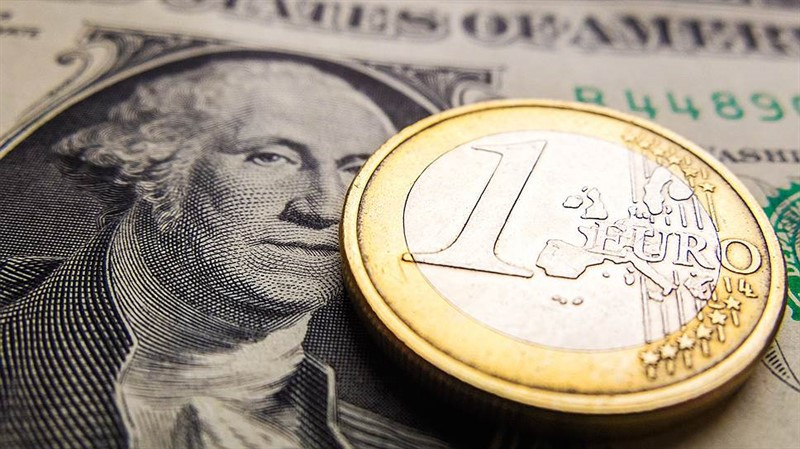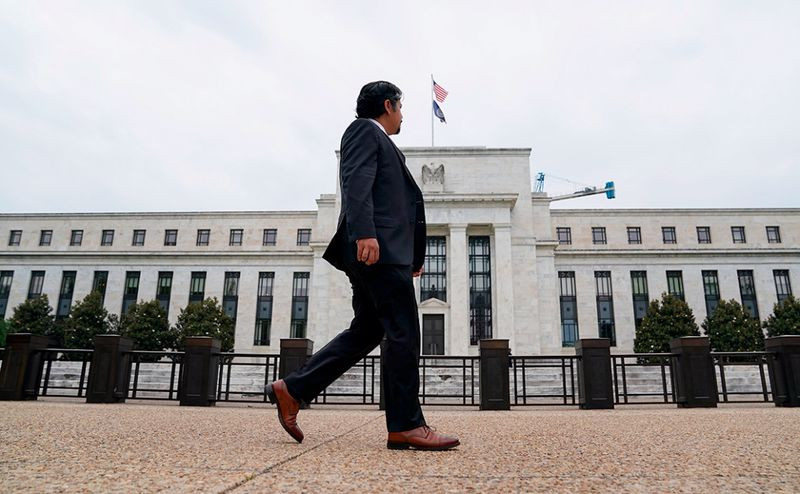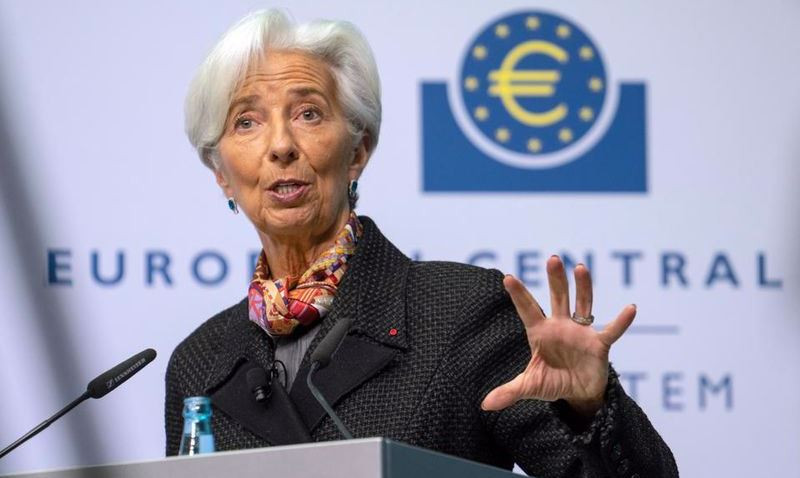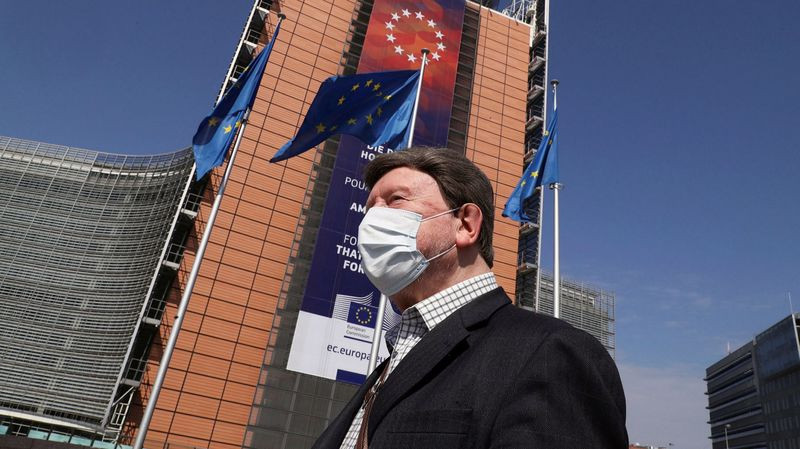
The greenback was trying to tip the scales in its favor on Friday as the focus gradually shifted to the Fed, which has been in the shadows this week as there is a so-called "silent period" ahead of the central bank's next meeting on July 26-27.
The US currency is on its way to the first losing week in the last four. It has lost about 1.2% since last Friday.
This was largely supported by disappointing US statistics, which weakened expectations for a significant increase in the federal funds rate by 100 basis points at the July FOMC meeting.
Another portion of such data came out on Thursday.
Thus, the index of manufacturing activity from the Philadelphia Fed fell to -12.3 points in July from -3.3 points recorded in June.
A separate report showed that the number of Americans filing for the first time for unemployment benefits increased by 7,000 last week to 251,000, the most since November 2021.
Apparently, the US economy has already begun to feel the consequences of the Federal Reserve's aggressive monetary tightening. This potentially leaves the central bank less room to tighten in the future and is good news for risk assets led by US equities and the euro.
Wall Street's key indexes finished trading higher on Thursday. In particular, the S&P 500 rose 0.99% to 3998.95 points. The indicator is up almost 10% from its mid-June low.
However, the nascent rally in US stocks hangs in the balance. Market participants anxiously await the Fed meeting next week.
Investors will monitor whether the central bank believes that inflation has already peaked, and how it assesses the state of the national economy.
The US central bank will opt for another 75 basis point rate hike rather than a larger move at its next meeting to tamp down persistently high inflation as the chance of a recession in the United States rose from 25% to 40% next year, according to a poll of economists. recently conducted by Reuters.

Traders are now estimating an 82.5% chance of the FOMC raising rates by 75 basis points in July, compared to a 17.5% chance of a full percentage point hike.
The Fed's rate decision (Wednesday) will be followed by important data on US GDP for the second quarter (Thursday), which is likely to be negative again.
The US Treasury yield curve remains inverted, fueling recession fears.
The benchmark price index for Americans' personal consumption spending, the Fed's favorite indicator of inflation, will be released next Friday. According to forecasts, in annual terms, the indicator accelerated in June by 4.8%, and on a monthly basis rose by 0.5%.
If wages in America are indeed rising as fast as the Atlanta Fed says, then the United States is in danger of falling into an inflationary spiral.
The position that high inflation is far from over was recently voiced by strategists at Goldman Sachs and JPMorgan Chase.
If inflation is indeed ingrained in the economy, this leaves the Fed with a difficult choice. The central bank will need to raise rates above inflation, as they did in the 1970s, to stop it. However, with a national debt-to-GDP ratio of 125%, four times what it was then, this looks like a daunting task because of the blow to the federal budget, not just the economy.
A similar dilemma is facing the European Central Bank, where the labor market is becoming increasingly tight. The latter suggests that wage pressure is likely to keep prices high.
In addition, extremely high debt/GDP ratios for a number of major currency bloc economies reduce the scope for fiscal stimulus.
At the same time, recession risks could limit the ECB's ability to raise interest rates, which help fight inflation but also slow down the economy of the eurozone.
It is noteworthy that the ECB itself does not yet consider entry into a recession as a baseline scenario.
"According to our base case, there will be no recession this year or next," ECB President Christine Lagarde said the day before, although she acknowledged that the horizon is cloudy.

The ECB raised key interest rates for the first time in 11 years - by 50 basis points at once on Thursday.
Welcoming the ECB's decision, the EUR/USD jumped to 1.0280, but then it lost some of the points scored for the day and closed Thursday in the 1.0230 area.
After spending Friday's Asian session in a tight range above 1.0200, EUR/USD plunged to 1.0130 during European trading hours and only managed to get back above 1.0200 by the start of the session in New York.
Clearly, the ECB is still far behind its US counterpart in the monetary tightening race, so the EUR/USD bearish trend remains in place.
The downward trend will begin to weaken if the pair manages to rise above 1.0350.
A breakthrough above the 50-day moving average, which is now near 1.0450, will help consolidate the break in the bearish trend.
ING strategists believe that the return of the euro to parity with the dollar is more likely than a rise to $1.04.
According to them, energy security remains a big problem for Europe. In addition, the difference in interest rates between the eurozone and America is still evidence of the euro's weakness.
"The ECB tightening cycle is so small compared to the Fed. It cannot be said that this can lead to a strengthening of the euro in an environment where the eurozone risks being left without gas this winter," they noted.
The ECB announced the creation of a new mechanism - a transmission protection instrument (TPI), aimed at reducing the yield of bonds of peripheral countries. The central bank, however, did not provide any details.
"The hawks appear to be worried that the more than 25 basis point rate hike promised in September will be washed away by the looming recession. The doves had to pay for the TPI deal with a stronger rate hike," ING said.
Danske Bank specialists expect the ECB to raise rates by another 100 bp this year and then stop its cycle. They still prefer to sell the euro on the rally.
"The lack of conclusive details on the TPI program highlights that the ECB cannot sit on two chairs, in the sense that the cost of tightening policy across the eurozone requires a relatively tougher stance for economies like Italy. In turn, this casts doubt on the investment outlook for the euro, which is still suffering heavily from relative terms of trade and cost-adjusted performance against the US dollar," Danske Bank analysts said.
"In our opinion, the EUR/USD pair remains fundamentally overvalued. Therefore, at this stage, we still prefer to sell the euro on a rally and continue to believe that in the coming quarters, the main currency pair will firmly consolidate below parity," they added.
Among the significant obstacles to the growth of the single currency remain the specter of an energy crisis in Europe, political unrest in Italy, as well as the coronavirus raising its head in the eurozone.

The euro felt some relief after the resumption of Russian gas supplies via the Nord Stream 1 pipeline, easing fears that supplies will not recover after scheduled repairs. However, the gas pipeline is not operating at full capacity, and there remains the possibility that Russia may at some point turn off the gas taps in response to Western sanctions.
In addition, the third largest economy in Europe is experiencing a political crisis, disturbing the country's financial markets. Italian Prime Minister Mario Draghi submitted his resignation to President Sergio Mattarella on Thursday, losing the support of several key parties in the ruling coalition.
The president of Italy accepted Draghi's resignation and dissolved the national parliament, making it possible to hold snap elections on 25 September.
Investors now fear that new elections in the Italian parliament will increase the number of eurosceptics, and the new government may take a less responsible course in fiscal policy.
Meanwhile, due to the Omicron strain, a wave of coronavirus cases has begun again in European countries.
Over the past six weeks, the number of new cases of COVID-19 infection in the eurozone has tripled.
Now it is difficult to say in what scenario a new wave of the pandemic will develop. But if the European population becomes seriously ill, this could lead to a return of lockdowns and become an aggravating factor for the economy of the region, already badly affected by the conflict between Kyiv and Moscow.
Thus, the single currency's positions look vulnerable, despite the seemingly decisive increase in rates by the ECB.
The ECB's decision on interest rates reduces the speed/magnitude of the euro's fall, but is unlikely to change the trajectory, Wells Fargo strategists believe.
"We expect EUR/USD to trade at 0.9500 over the next few months," they noted.





















